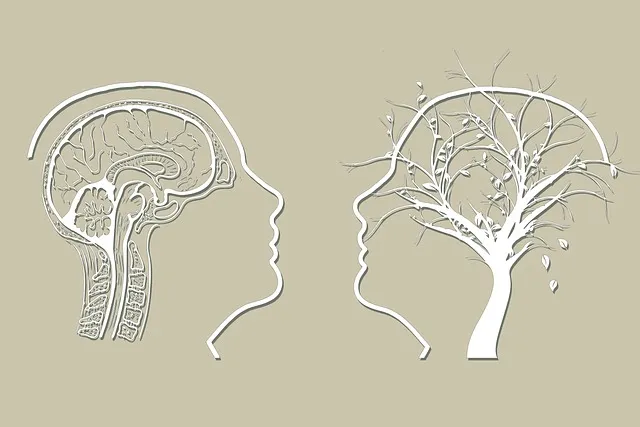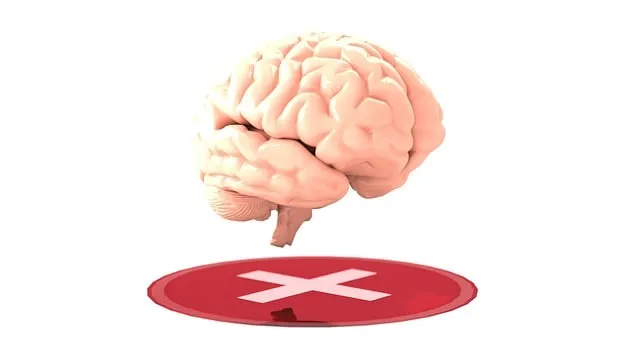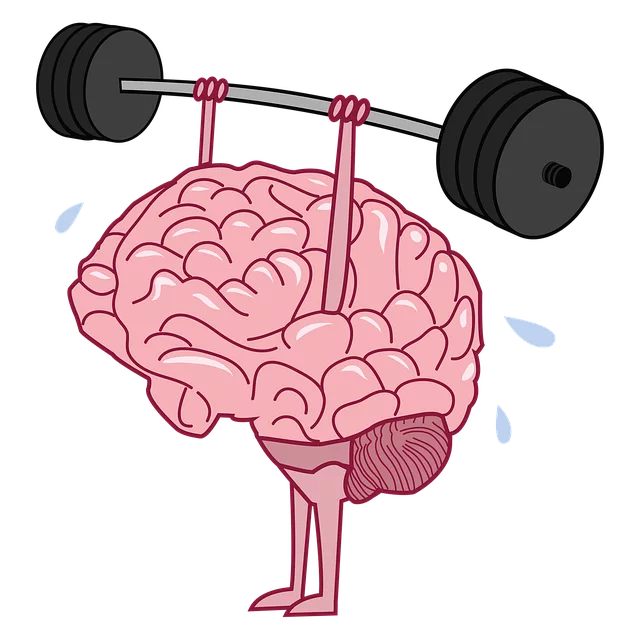The text discusses the significant impact of stigma on individuals seeking behavioral health support and how Kaiser Permanente Aurora addresses this through educational programs, empathetic practices, and innovative treatment methods. Their holistic approach, including mindfulness meditation, fosters mental wellness and challenges stereotypes, as evidenced by positive Kaiser Permanente behavioral health services reviews Aurora. Community engagement, self-care techniques, and comprehensive staff training further reduce stigma, creating an inclusive environment for all patients.
Mental illness stigma remains a significant barrier to access and treatment, often exacerbating existing health disparities. This article delves into strategies aimed at reducing mental health stigma, exploring successful initiatives like Kaiser Permanente Aurora’s behavioral health services. We analyze the impact of patient reviews on service quality and effectiveness, discuss community engagement tactics, and present evidence-based approaches to foster a more inclusive healthcare environment. By examining these efforts, particularly focusing on Kaiser Permanente behavioral health services reviews Aurora, we aim to illuminate paths towards destigmatization.
- Understanding Stigma and its Impact on Mental Health
- Kaiser Permanente Aurora: A Model for Behavioral Health Services
- Evaluating Effectiveness: The Role of Patient Reviews
- Strategies to Reduce Stigma in Healthcare Settings
- Community Engagement and Education for Long-Lasting Change
Understanding Stigma and its Impact on Mental Health

Stigma surrounding mental illness is a significant barrier to individuals seeking help and support for their behavioral health. It often manifests as negative attitudes, beliefs, and stereotypes about people with mental disorders, leading to discrimination and social isolation. This societal stigma can severely impact an individual’s quality of life, affecting their ability to maintain relationships, perform at work or school, and access necessary care. The consequences are far-reaching, causing many to suffer in silence due to fear of judgment or rejection.
At Kaiser Permanente behavioral health services in Aurora, we recognize the devastating effects of stigma and actively work towards its reduction. Through comprehensive programs and resources, our goal is to educate and raise awareness among both the public and mental health professionals. This includes designing effective Mental Health Education Programs that challenge misconceptions and foster empathy. Additionally, our Risk Assessment for Mental Health Professionals plays a crucial role in ensuring sensitive and effective care, thereby encouraging open conversations about mental illness. We believe that promoting understanding and Mood Management strategies can lead to a more supportive environment, ultimately encouraging individuals to seek help without fear of stigma.
Kaiser Permanente Aurora: A Model for Behavioral Health Services

Kaiser Permanente Aurora stands as a beacon of hope and progress in the realm of behavioral health services. This innovative model has garnered significant attention and positive Kaiser Permanente behavioral health services reviews, showcasing its commitment to transforming mental healthcare. By integrating holistic approaches, such as Mindfulness Meditation practices, into their care plans, they foster Mental Wellness and equip individuals with essential Coping Skills Development strategies.
The program’s success lies in its patient-centric approach, where personalized treatment plans are tailored to meet diverse needs. Through a comprehensive range of services, Aurora offers a supportive environment that encourages open dialogue and promotes recovery. This model not only challenges the stigma surrounding mental illness but also sets a standard for accessible, compassionate, and effective behavioral health care.
Evaluating Effectiveness: The Role of Patient Reviews

Patient reviews play a pivotal role in evaluating the effectiveness of mental illness stigma reduction efforts, especially within healthcare organizations like Kaiser Permanente. The feedback from individuals who have accessed behavioral health services in Aurora offers valuable insights into the impact and success of these initiatives. By analyzing patient experiences and outcomes, healthcare providers can gauge the tangible benefits of their programs, identifying areas for improvement and solidifying successful strategies.
These reviews are particularly crucial in enhancing transparency and building trust within the community. The Mental Wellness Podcast Series Production, for instance, might receive reviews that highlight increased confidence among participants, fostering a sense of open dialogue about mental health. Such feedback reinforces the positive effects of stigma reduction efforts, encouraging continued support and investment in these initiatives. Additionally, patient testimonials can reach a wide audience, influencing public perception and further promoting understanding and acceptance of mental illness.
Strategies to Reduce Stigma in Healthcare Settings

Reducing stigma in healthcare settings is a multifaceted approach that requires deliberate efforts from organizations like Kaiser Permanente behavioral health services in Aurora. One effective strategy involves integrating Mind Over Matter principles into treatment plans, empowering patients to take an active role in their mental well-being. By encouraging self-awareness exercises and emotional regulation techniques, healthcare providers can foster an environment of understanding and compassion.
Additionally, comprehensive training for medical staff on mental health issues is crucial. This includes educating them about the experiences of individuals living with mental illness, thereby promoting empathy and challenging stereotypes. Incorporating these strategies into the fabric of healthcare services at Kaiser Permanente behavioral health in Aurora can significantly contribute to breaking down barriers and creating a more inclusive environment for all patients.
Community Engagement and Education for Long-Lasting Change

Community engagement and education play a pivotal role in sustaining efforts to reduce stigma surrounding mental illness. By fostering open dialogues and sharing accurate information, communities can dispel myths and promote understanding. This process involves reaching out to local schools, workplaces, and community centers to offer workshops, seminars, and support groups that focus on mental wellness. Organizations like Kaiser Permanente behavioral health services in Aurora have been instrumental in this regard, providing resources and guidance tailored to diverse populations.
Education extends beyond these formal settings. Encouraging individuals to practice self-care, engage in emotional regulation techniques, and maintain a mental wellness journal can be powerful tools for personal growth and community resilience. Initiatives that incorporate activities like journaling exercises, mindfulness practices, and stress management strategies not only empower individuals but also create a culture where open conversations about mental health are normalized. This collective effort ensures that progress made in reducing stigma is sustained over time.
Mental illness stigma reduction is a multifaceted endeavor, requiring both institutional and community efforts. As demonstrated by Kaiser Permanente Aurora’s innovative behavioral health services reviews, integrating patient perspectives into service delivery can significantly mitigate stigma. By employing strategies that promote understanding and education within healthcare settings, we can foster inclusive environments that support mental well-being. Community engagement plays a vital role in sustaining these changes, ensuring long-lasting positive impacts on mental health outcomes for all. Additionally, the success of Kaiser Permanente Aurora’s model highlights the value of evaluating effectiveness through patient reviews, guiding continuous improvement in behavioral health services across various settings.






